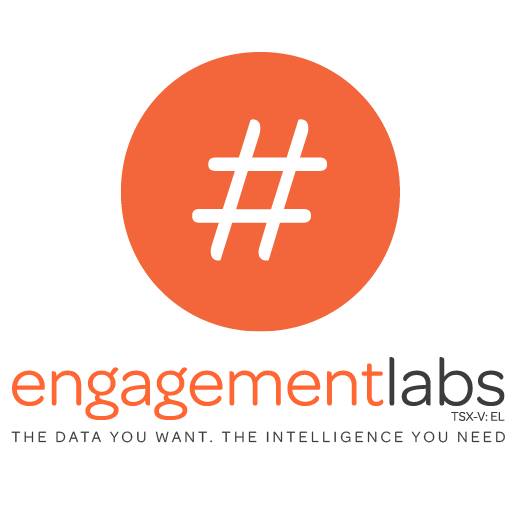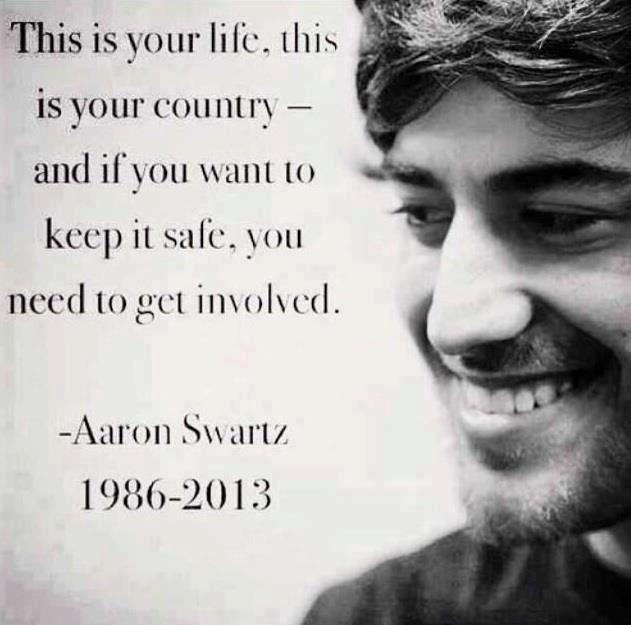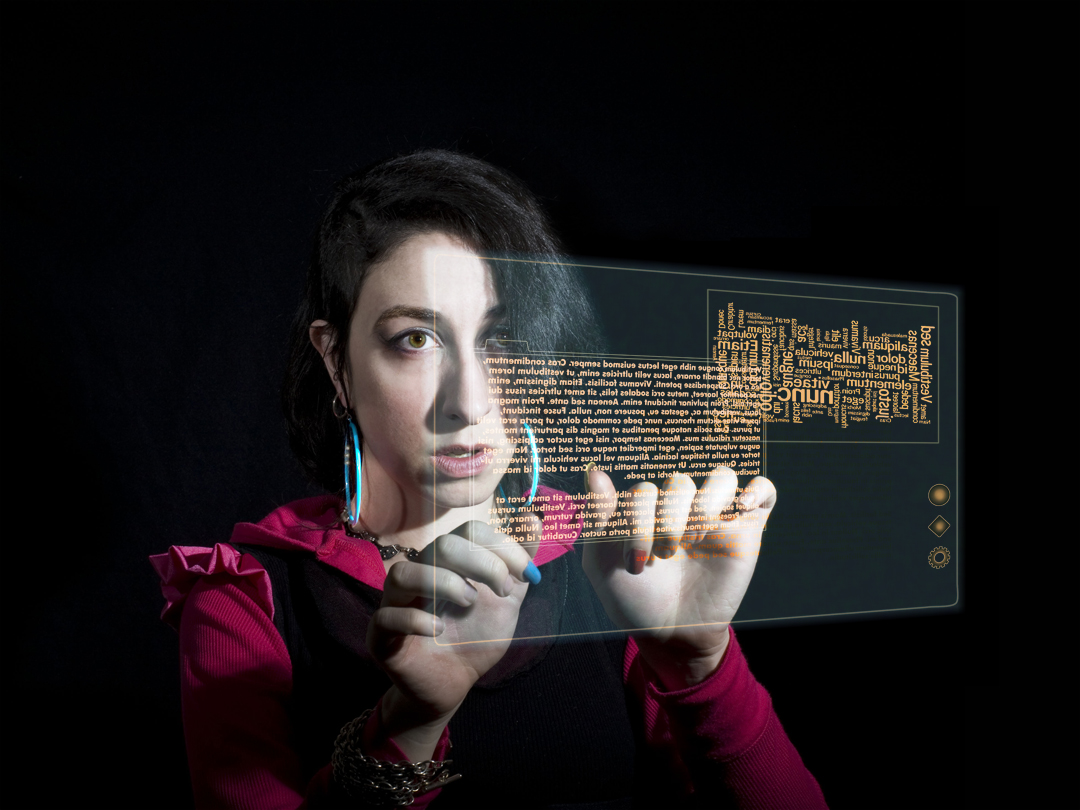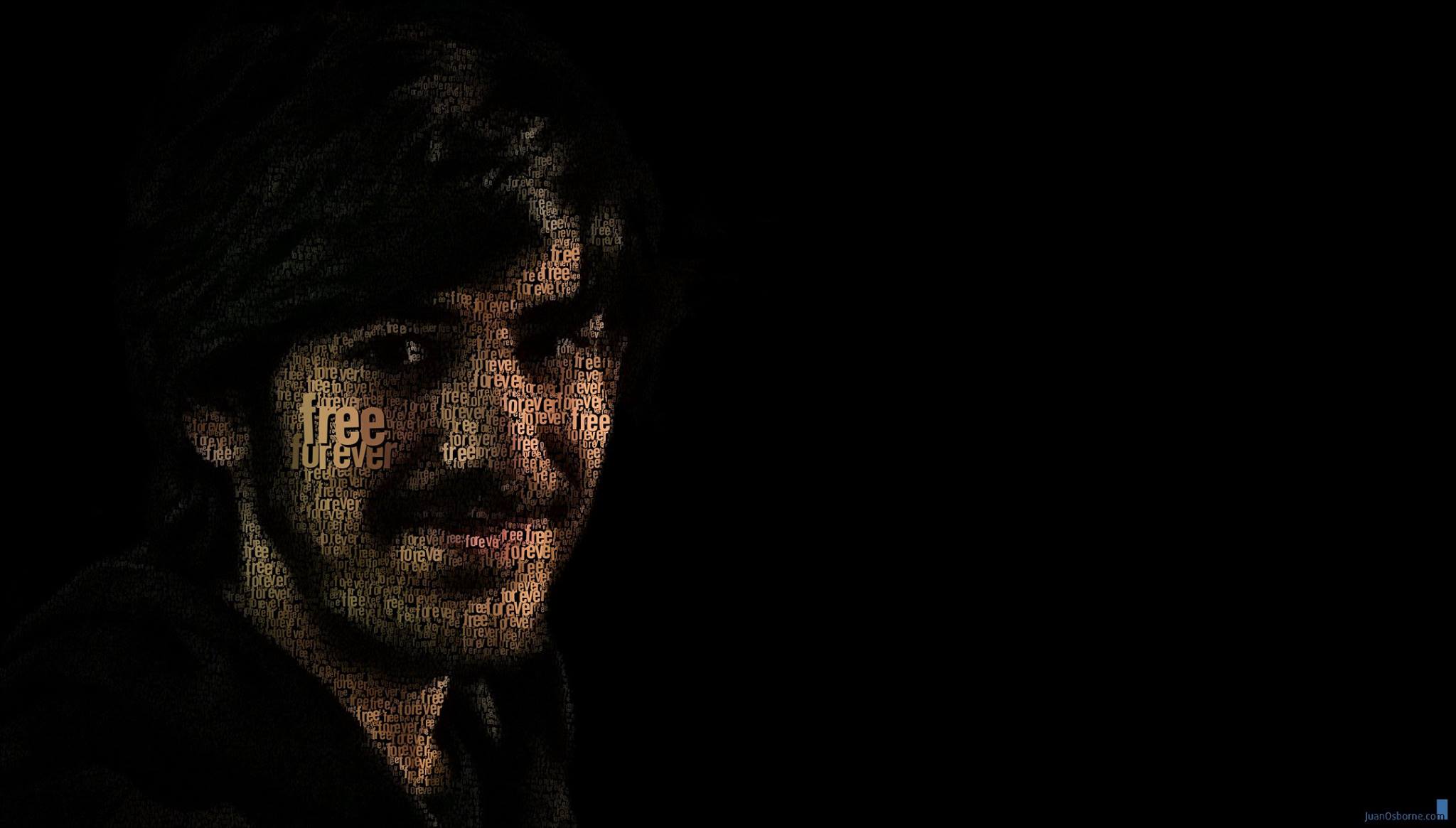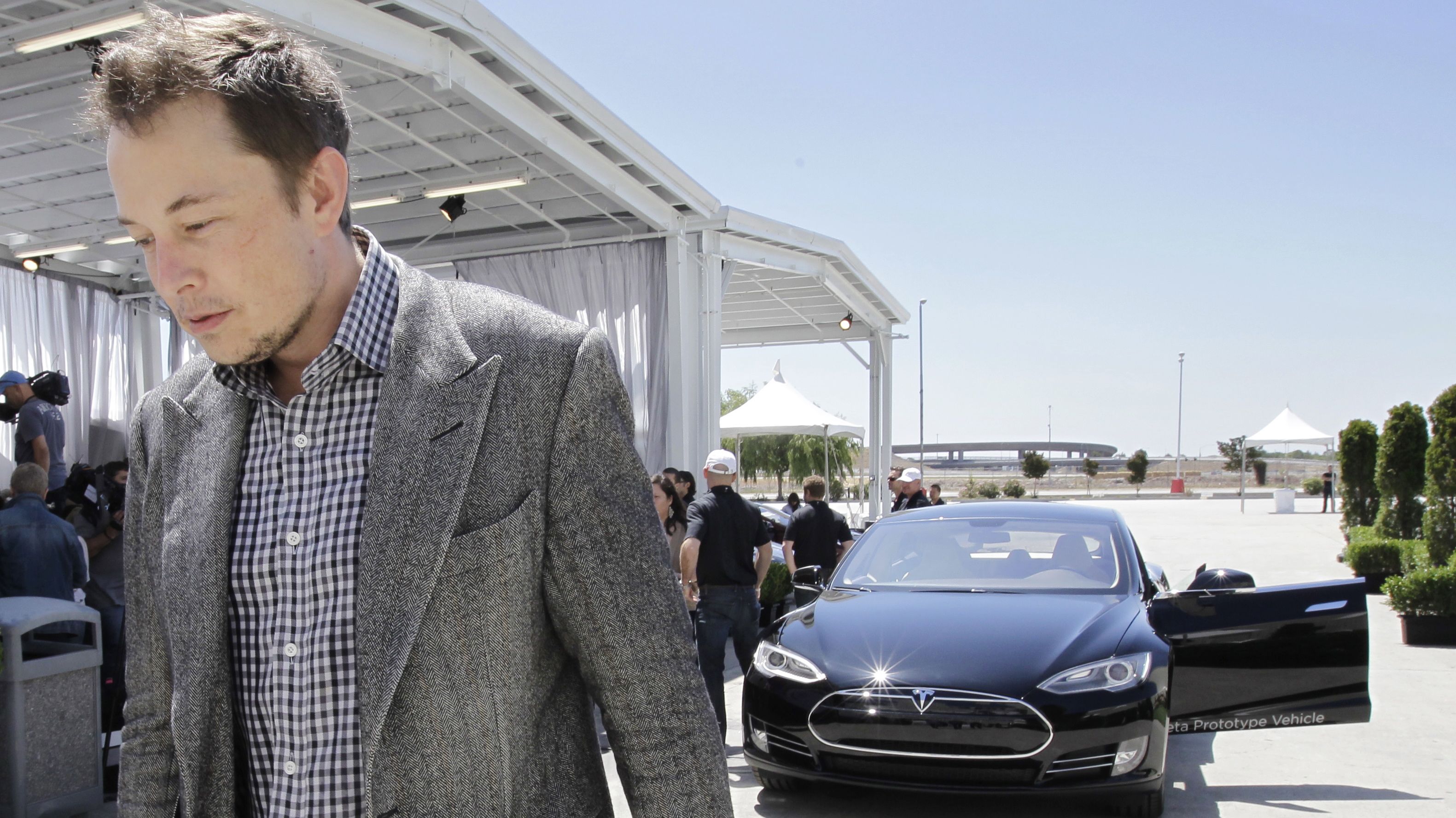Are you thinking of the day you can go online, download a set of prints for your cup, print it out, drink from it with juice you have purchased with a virtual currency generated by machines?
That day is today.
To have lived one hundred years in the last century would have been generous. The next one hundred, including the time we live in now, will be positively thrilling.
As much as airplanes were thrilling years ago, the concept of personalized genetic sequencing, and medicine, interstellar travel, and technological singularity—the evolution of smarter-than-human artificial intelligence—have been fascinating: and now, very, very realizable, with several enterprises on the cutting edge of delivery— SpaceX, 23andMe, and IBM with Watson.
As the Wikipedia entry ominously predicts of technological singularity: it is a theoretical moment in time that will “radically change human civilization, and perhaps even human nature itself.” We are going to be living through several of those moments as technology in different fields progresses. What will this mean?
It will mean a new shift in the slow biological evolution of mankind towards an accelerated technological and moral evolution, based on knowledge. Moore’s law of doubling processing power every two years has become the norm across a variety of scientific fields.
There are reasonably few things that are near-certain in this, here are just a few:
Those who grasp how technology is advancing in different fields will not be surprised, and will benefit the most from it.
A premium will be placed on those who understand science, engineering, and technology. Learning those things and working with them is boss.
Shit is going to get real. There are going to be huge changes.
Humanity has held on by bridging the gap between cheap fossil fuels, and finite resources, and massive problems. Those are going to have to be tackled head-on soon.
The rest is very uncertain, none more than the element of what definitive path we choose to embark on together, and the classic question: will we do good, or will we do evil with our new capabilities?
The two stories that have struck me the deepest on this are when Oppenheimer took the scientific wizardly of splitting an atom, and was forced to construct a weapon that evaporated and damaged hundreds of thousands of people. Intelligence and technology do not grant immunity to evil.
The other story is about Ray Kurzweil, a fervent advocate of technological singularity, and his burning motivation for advancing technology: the reincarnation of his dead father in a virtual avatar, for one infinitely long conversation, transcending the time they had lost together parted by death. Technology is not something that cannot humanize, and be used to explore the complex emotions and motives that power human nature.
Ultimately, what we do with the possibilities afforded to us will determine whether the upcoming century will be one of the brightest or darkest in human history. The only certainty is that those possibilities are coming, faster than ever.
——————————————————————————-
You’re interested in printing out your design for a cup. Click here.
You’re interested in buying your juice with bitcoin. Click here.
You’re interested in learning to keep calm, and coding. Click here.
You’re interested in a deeper reflection on Ray Kurzweil. Click here.




